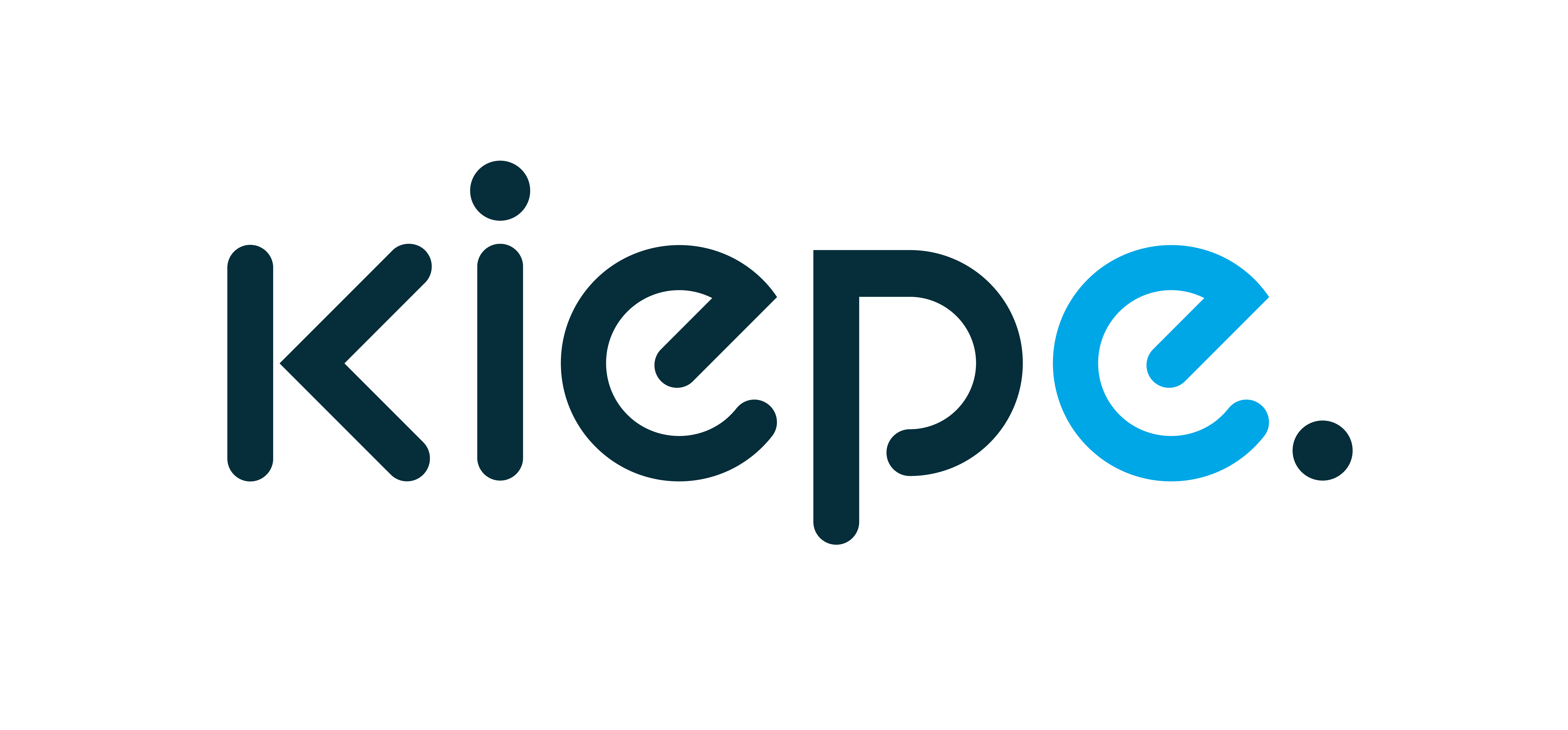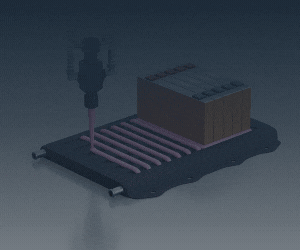PV system proves a good catch

A start-up is working in Africa to electrify fishing boats (writes Nick Flaherty).
VoltaViewAfrica was set up by a professor from the Fraunhofer research institute in Germany. Photovoltaics generate electricity, which is stored in mobile, portable lithium batteries that local residents can use as an individual power source which includes powering local fishing boats.
The powerplant is based on a block-building process and consists of two 10 ft container modules with recycled photovoltaic modules and B-grade lithium battery cells from the automotive industry. This was developed by Prof Wolfgang Schade, who heads the Fibre Optic Sensor Systems department at Fraunhofer Heinrich-Hertz-Institut (HHI), and is technical director at VoltaViewAfrica.
One module generates electricity with a 7.5 kWh photovoltaic array, while the other is used for portable water treatment. The electricity is stored in 48 V lithium-ion batteries and housed in sturdy, portable battery boxes with a storage capacity of 4.8 kWh.
The project developed a safety concept for the lithium batteries and sensor technology that enables fully digitised monitoring and control of the battery storage units as well as the entire powerplant.
The first operational plant was formally inaugurated and handed over to residents of a fishing village called Balingho, in The Gambia, in June 2023. The fish catch will be frozen in a freezer powered by the module, while the villagers gain access to clean drinking water using UV filters.
“Thanks to the freezer, we can now store our catch for a longer period of time and thus generate a higher profit, tremendously improving our competitive position,” said Jawo, chairman of the Balingho-based fishermen. Upgrading the fishing boats with electric motors also reduces the total cost of ownership by more than 50% compared to the current diesel engines, and reduces local pollution.
As the entire system is digitised, CO2 certificates can be used to co-finance investment costs. A Gambian company, Sub-Sahara United Vehicles, is installing a further 10 systems with a total of 50 replaceable batteries across the country over the next 12 months.
The modules are pre-assembled in Germany, then exported to The Gambia. Fraunhofer HHI and VoltaViewAfrica are also developing a teaching programme on photovoltaics, battery storage and electromobility together with the University of Applied Science, Engineering and Technology in Banjul, in The Gambia, which was founded at the beginning of 2023. Students on the programme can acquire theoretical and practical knowledge about the deployed technology.
ONLINE PARTNERS































